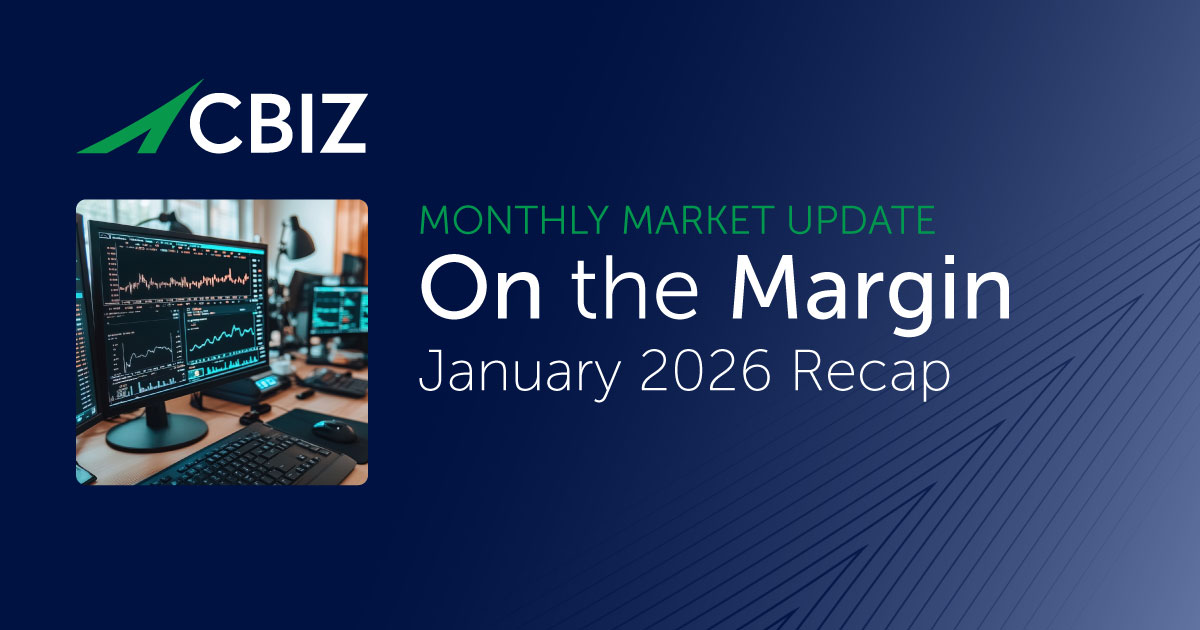In today’s dynamic corporate world, the focus on Environmental, Social, and Governance (ESG) factors is intensifying, with these elements becoming critical benchmarks for business success. Companies aspiring to excel in ESG can follow a structured four-step approach to secure a leading position.
Understanding ESG Fundamentals
Before delving into the approach, it’s essential to understand the concept of ESG and its significance in modern business. ESG criteria encompass a range of practices that collectively measure a company’s impact on society, the environment, and how transparent and accountable it is in its operations. Environmental criteria consider how a company performs as a steward of nature. Social criteria examine how it manages relationships with employees, suppliers, customers, and communities. Governance deals with a company’s leadership, executive pay, audits, internal controls, and shareholder rights. Investors increasingly use these non-financial factors as part of their analysis process to identify material risks and growth opportunities.
Step 1: Establish a Diverse ESG Leadership Team
The initial stride in ESG mastery involves forming a versatile steering committee. This panel should bring together senior executives such as the CEO, CFO, general counsel, and leaders from departments like accounting, investor relations, and sustainability. The CFO, in particular, is key in pinpointing ESG investments that can deliver value while also addressing financial risks. This cross-functional team is responsible for executing the organization’s ESG initiatives.
Step 2: Benchmark and Understand Stakeholder Perspectives
A pivotal aspect of a robust ESG strategy is to assess how your company measures up against its industry peers and to gauge the expectations of stakeholders. By asking questions about your ESG performance relative to competitors and the ESG priorities of stakeholders, you can gain insights into your market standing and identify opportunities for financial and strategic enhancement.
Step 3: Create an All-Encompassing ESG Strategy
With critical priorities in focus, the next step is to craft a detailed ESG strategy that fortifies communication, risk management, and reporting practices. This involves selecting voluntary frameworks that comply with regulatory demands and underpin the foundation of your reporting requirements.
Step 4: Prioritize Reporting Integrity and Verifiability
Determining the specifics of ESG data disclosure is crucial, with a particular emphasis on the quality and verifiability of this information. In the U.S., the spotlight is currently on climate-related data and disclosures, aligned with the SEC’s regulatory timeline. Gathering, scrutinizing, and validating the right data calls for extensive collaboration across multiple teams to ensure that disclosures are exhaustive, precise, and defensible.
Accounting leaders are instrumental in this phase and tasked with scrutinizing existing reporting mechanisms and elevating them to mirror the rigor of financial reporting. By adhering to these structured steps, companies can adeptly steer through the ESG terrain, securing their status as pioneers of sustainable business operations.
CBIZ Financial Accounting and Advisory Services: Your ESG Ally
Implementing an effective ESG strategy is a complex but essential task for companies committed to long-term sustainability and corporate responsibility. CBIZ’s Financial Accounting & Advisory Services team stands ready to assist organizations on this journey. With deep expertise in ESG principles and reporting, CBIZ can help companies develop and execute a comprehensive ESG strategy that aligns with their corporate values and meets the expectations of investors and regulators. From initial assessment to ongoing compliance, CBIZ offers the guidance and support necessary for companies to thrive in the ESG landscape and achieve sustainable success.
If you have any questions about your ESG efforts, ask CBIZ today.
© Copyright CBIZ, Inc. All rights reserved. Use of the material contained herein without the express written consent of the firms is prohibited by law. This publication is distributed with the understanding that CBIZ is not rendering legal, accounting or other professional advice. The reader is advised to contact a tax professional prior to taking any action based upon this information. CBIZ assumes no liability whatsoever in connection with the use of this information and assumes no obligation to inform the reader of any changes in tax laws or other factors that could affect the information contained herein. Material contained in this publication is informational and promotional in nature and not intended to be specific financial, tax or consulting advice. Readers are advised to seek professional consultation regarding circumstances affecting their organization.
“CBIZ” is the brand name under which CBIZ CPAs P.C. and CBIZ, Inc. and its subsidiaries, including CBIZ Advisors, LLC, provide professional services. CBIZ CPAs P.C. and CBIZ, Inc. (and its subsidiaries) practice as an alternative practice structure in accordance with the AICPA Code of Professional Conduct and applicable law, regulations, and professional standards. CBIZ CPAs P.C. is a licensed independent CPA firm that provides attest services to its clients. CBIZ, Inc. and its subsidiary entities provide tax, advisory, and consulting services to their clients. CBIZ, Inc. and its subsidiary entities are not licensed CPA firms and, therefore, cannot provide attest services.















